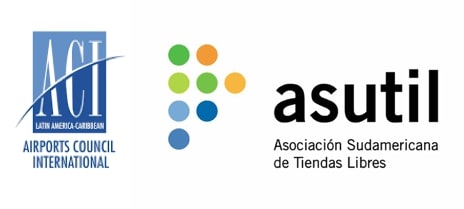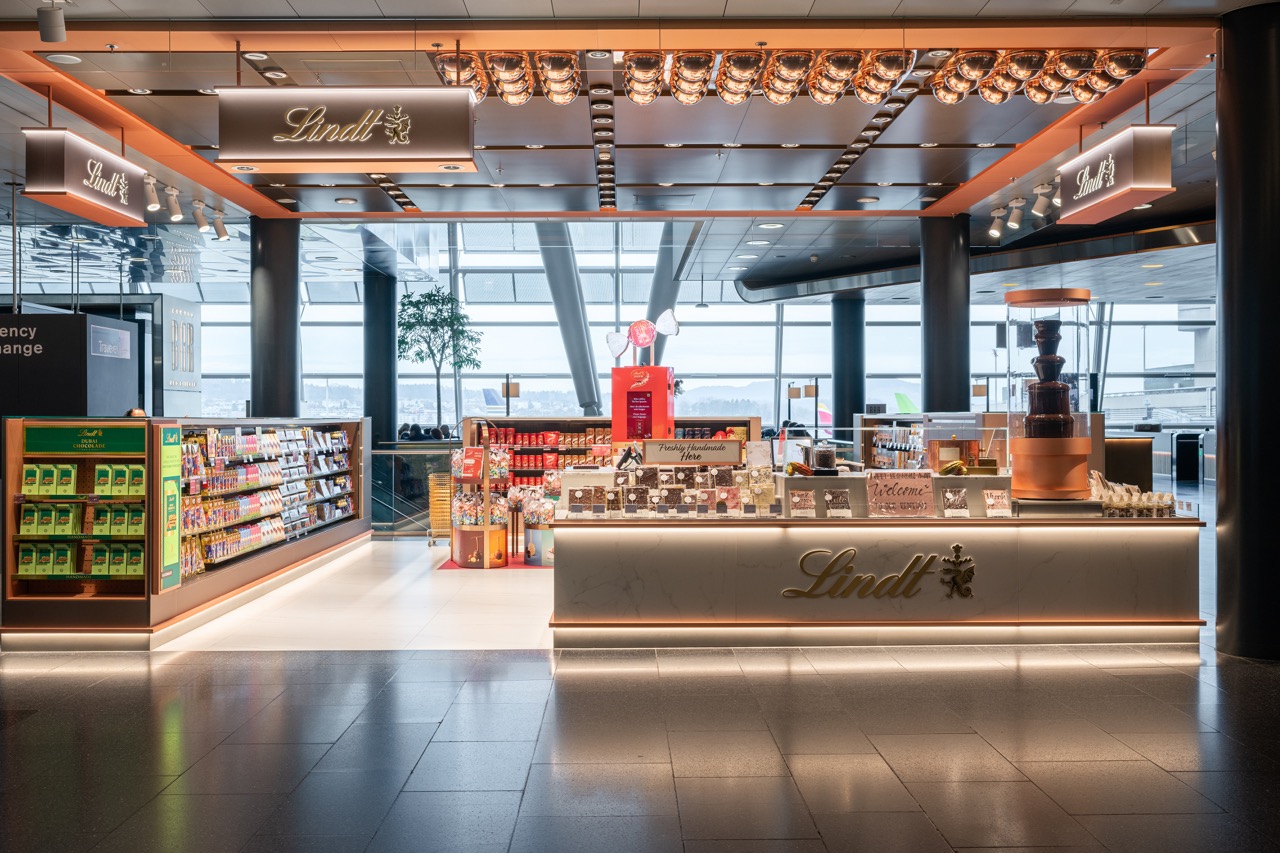 LATIN AMERICA. Airports Council International Latin America (ACI LAC) and Asociación Sudamericana de Tiendas Libres (ASUTIL) have called on Latin American governments to issue urgent financial relief to the airports sector and to business partners including duty free retailers amid the COVID-19 crisis.
LATIN AMERICA. Airports Council International Latin America (ACI LAC) and Asociación Sudamericana de Tiendas Libres (ASUTIL) have called on Latin American governments to issue urgent financial relief to the airports sector and to business partners including duty free retailers amid the COVID-19 crisis.
The measures proposed include deferment of concession fees for airport companies, financial support for airports and their service providers to preserve liquidity, and suspension of tax payments.
The associations, which represent airports and the duty free sector in the region respectively, noted that passenger traffic “has almost disappeared at many airports, negatively affecting the entire aviation ecosystem revenues and the financial sustainability of the industry”.
Highlighting the Duty Free World Council’s Economic Impact of Duty Free and Travel Retail in the Americas study from 2018, they said that airport commercial activities in Latin America and the Caribbean support around 41,800 jobs and US$4.1 billion in GDP.

Besides the current need to minimise operations, airport operators and other service providers at airports require support now to be “in a condition to restore full operations when travel bans are withdrawn and air traffic restarts”.
ASUTIL and ACI LAC said in a joint statement: “Together with their staff, they are as important as airlines and their staff in the delivery of air connectivity. Accordingly, ACI LAC and ASUTIL urge the governments of Latin America and the Caribbean to adopt balanced and non-discriminatory supportive measures targeted at safeguarding airports’ operational and business continuity.
“[They must] preserve the economic and financial resilience of airports and their business partners such as restaurants, duty free shops etc. to allow airports and business partners to return to normal operations as soon as possible and support the recovery of the wider economy.”

In particular, the associations urge governments to consider the following:
*Waive concession fees for airports. Where applicable, governments are urged to relax conditions of payment that companies must pay for the operation of airports. Concession fees can represent a significant cost for airport operators, they noted.
*Delay infrastructure investment requirements. This means providing temporary relief in the requirement to develop infrastructure, particularly to comply with service level obligations or projects that are not immediately required by the industry.
*Temporary relief from compliance with quality of service obligations. Airports are experiencing “unprecedented operational circumstances which are putting undue pressure on operators. Consequently, regulators should relax quality of service obligations until operations return to normal.”
*Financial measures for airport operators as well as other service providers at airports (like duty free and other retail shops) to address liquidity risk and ensure operational and business continuity. This should include postponing the payment of bank amortisations and access to credit lines with subsidised interest rates.
*Suspension or deferment of social security contributions as well as corporate and other taxes (including VAT, excise duties) for at least six months for airport operators and other service providers at airports.
*Relaxation of local government taxes payments for airport retailers for 2020. “The aviation industry is highly interdependent and any relief measures should be considered on a non-discriminatory basis with no sectors benefiting at the expense of another.”
The associations’ statement concluded: “We believe that states have now a key role to play to ensure the sustainability of the entire aviation system. Airports make themselves available to support governments and other stakeholders to evaluate and coordinate actions to protect the wellbeing of the population and to support the economic and social sustainability of our countries.”










